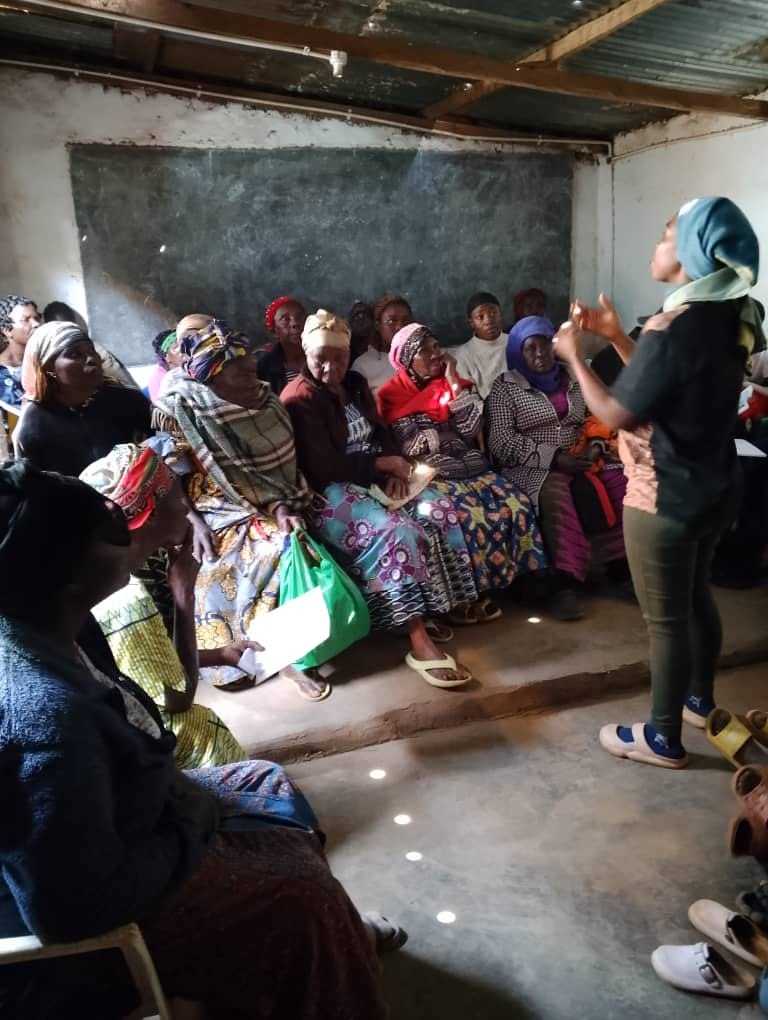Community Engagement & Awareness
Project: English Training for Foster Parents and Single Mothers Objective: The primary goal of the project was to empower foster parents and single mothers with basic English language skills to enhance their communication abilities in daily life, improve job prospects, and help them better support their children’s education. This initiative was designed as a community engagement effort to address the gap in language skills among vulnerable populations. Steps and Activities: 1. Needs Assessment: - We began by conducting surveys and interviews with foster parents and single mothers to understand their specific language challenges. Many expressed difficulties in communicating with teachers, healthcare professionals, and during job applications. - The survey helped identify key focus areas like conversational English, reading and understanding documents (like school forms), and basic writing skills. 2. Curriculum Development: - Based on the needs assessment, we created a customized curriculum focusing on everyday English. The course covered: - Basic conversational phrases (introductions, asking for directions, etc.) - Common vocabulary for healthcare and education (communicating with doctors, teachers) - Filling out forms and applications - Interview skills and resume writing for those seeking employment - The curriculum was structured for different proficiency levels to accommodate learners with varying backgrounds in English. 3. Partnership with Local Experts: - We partnered with local educators and volunteers to design and deliver the training. These volunteers had experience in adult education and English language teaching. - Childcare services were provided during the sessions to ensure participation by single mothers without worrying about their children. 4. Workshops and Training: - The program was rolled out in the form of weekly workshops lasting 2-3 hours each, over three months. - Interactive activities were used to encourage engagement, including role-playing exercises (e.g., mock interviews), group discussions, and practice with real-life documents (like school permission slips). - Each participant received tailored feedback and one-on-one mentoring from the instructors to ensure steady progress. 5. Evaluation and Follow-up: - At the end of the program, we evaluated participants’ progress through informal assessments, such as role-playing and written exercises. - A follow-up plan was put in place, offering additional resources like access to local libraries, language apps, and recommendations for further classes. 6. Community Impact: - The project significantly boosted the confidence of foster parents and single mothers in communicating in English. Some participants reported that they felt more comfortable engaging in school meetings, navigating healthcare appointments, and seeking jobs. - Additionally, many of the mothers noted that they could better assist their children with schoolwork, fostering a more supportive home environment. Key Outcomes: - Over 50 foster parents and single mothers participated in the program. - The program improved their basic English proficiency, with around 80% showing significant progress. - Participants gained valuable life skills that improved their day-to-day interactions and employment opportunities. Challenges: - One of the main challenges was ensuring consistent attendance, especially for single mothers managing busy schedules. The provision of childcare helped mitigate this issue. - Tailoring lessons for individuals with very different English language skills required flexibility in lesson planning and extra one-on-one support. **Lessons Learned:** - Community involvement and flexibility are crucial in addressing the unique needs of diverse groups. - Providing support systems, such as childcare, made a significant difference in participation rates. - Continuing mentorship and resources after the completion of the program can sustain progress and further community development. This project not only improved language skills but also fostered a sense of empowerment among foster parents and single mothers, enhancing their overall engagement in the community.
